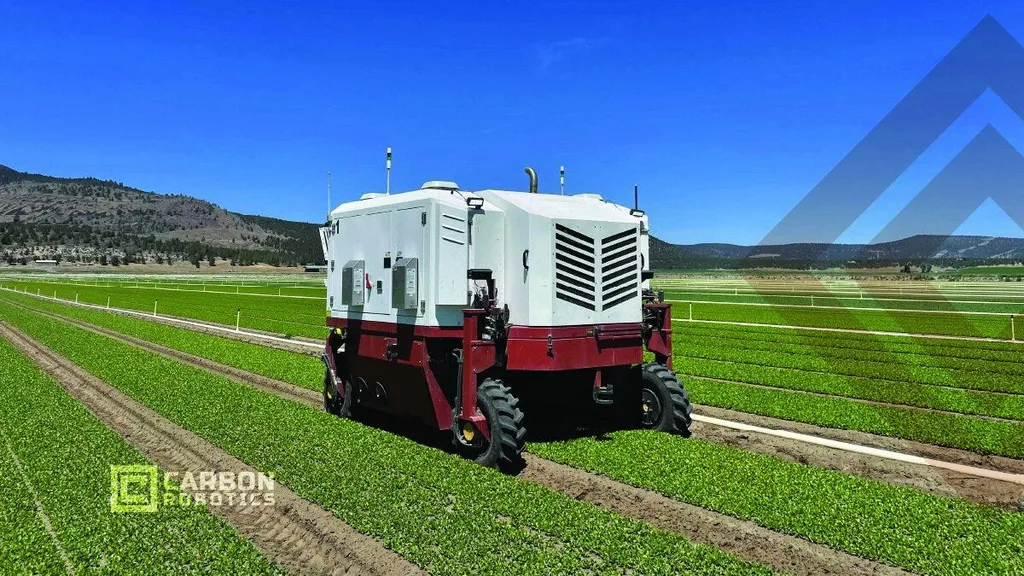In the heart of Germany’s Schleswig-Holstein region, a quiet revolution is taking place in the fields of Westhof Bio Group, one of the country’s largest organic vegetable producers. Faced with soaring labour costs and the challenges of manual weeding, CEO Rainer Carstens has developed an innovative solution: an autonomous laser weeding robot. This technology, now being tested in carrot fields, could soon become a game-changer for organic farmers worldwide.
Weeding is a formidable task for vegetable growers, consuming significant time and resources. For organic producers like Westhof Bio Group, the challenge is even greater due to the prohibition of chemical herbicides. With annual weeding costs exceeding €200,000 and a shrinking labour pool, Carstens saw an urgent need for a sustainable, automated alternative.
The journey began in 2014, when Carstens partnered with the West Coast University of Applied Sciences to develop a laser weeding robot. The project, led by researcher Vitali Czymmek, aimed to create a precise, chemical-free solution to make organic production more economically viable. In 2019, the project was spun off into Naiture GmbH & Co. KG, a company now fully integrated into Westhof Bio Group.
The Naiture robot, completed in early 2025, is an autonomous trailed system pulled by a 120 hp tractor. It operates with a 6-metre working width and can weed between 6 and 8 hectares per day. The robot’s design is ingenious, comprising three main components: a trailing platform, a set of high-resolution cameras and an embedded computer, and a 200W laser system.
The cameras continuously capture images of the crop rows, which are processed in real-time by an onboard computer using a custom AI model. This model identifies individual weeds, pinpoints their location, and directs the laser to target the weed’s growth centre. The laser, guided by a mirror-based scanner system, destroys the weed in a mere 40 to 150 milliseconds, without disturbing nearby crops or soil structure.
Carstens explains, “The robot is especially effective for intra-row weeding — targeting weeds between crop plants, which is usually the most difficult task. It navigates autonomously, distinguishes crops from weeds, and eliminates the weeds one by one with laser precision.”
The implications of this technology are significant. For organic farmers, it offers a sustainable and cost-effective solution to one of their most pressing challenges. The potential to reduce labour costs and improve weeding efficiency could make organic production more viable and attractive, contributing to the growth of the organic agriculture sector.
Moreover, the precision of laser weeding means that only the targeted weeds are affected, leaving the soil structure and beneficial microorganisms unharmed. This gentle approach aligns with the principles of organic farming and promotes healthier, more sustainable ecosystems.
As the Naiture robot continues to be tested and refined, its potential to revolutionise organic farming becomes increasingly apparent. For Rainer Carstens and Westhof Bio Group, this innovation is not just about reducing costs; it’s about pioneering a new era of sustainable, efficient, and technologically advanced organic agriculture. The success of this project could inspire similar innovations worldwide, heralding a future where cutting-edge technology and organic farming go hand in hand.

